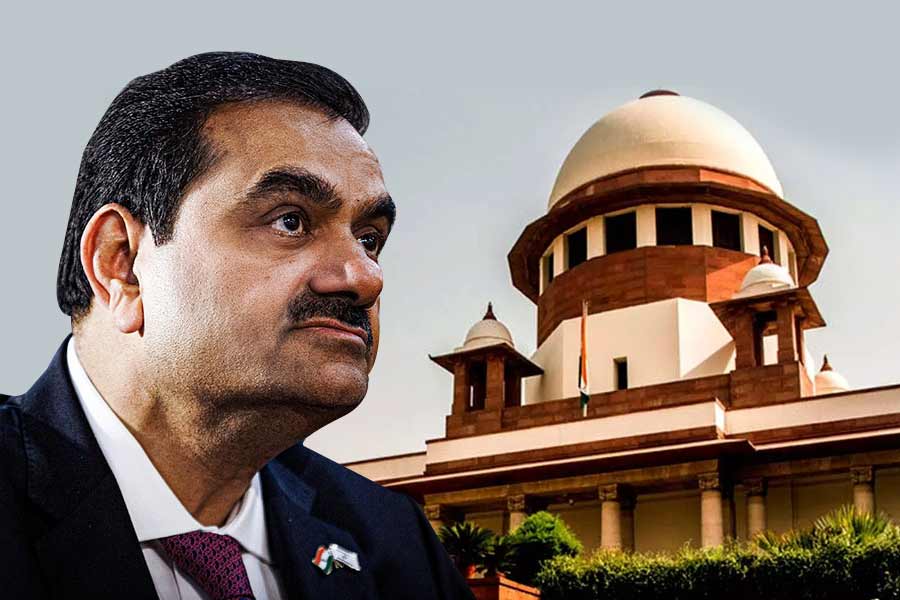The Hindenburg spook that clouded the fortunes of the Adani Group for close to a year has finally been laid to rest. That, in reality, is the dismal outcome of the Supreme Court verdict delivered earlier in the week on a batch of public interest petitions expressing deep misgivings about Securities and Exchange Board of India’s inadequate and tardy investigation into accusations of stock price manipulation and accounting fraud levelled against a business group perceived to be close to the powers that be. The court found no compelling evidence that showed the market regulator had been biased for it to consider handing over the investigation to another federal agency. The verdict has broken the will of all those who firmly believe that the Adani Group has used dodgy tactics to climb to the top of the corporate pyramid. The Hindenburg Research report was the first to blow the lid off certain sharp practices that had always been suspected as the trigger for the dizzying rise in the group’s market valuation which turned Gautam Adani into the third-richest man in the world at one stage.
The apex court has now asked SEBI to complete its report on two outstanding matters “preferably” in three months. The fuzzy timeline is outrageous. Moreover, the court has given no indication whether the contents of that report will ever be made public. Should investors and corporate watchers remain satisfied with a wishy-washy, 17-page status report that the regulator put out in the public domain last August with no clear idea about what the SEBI sleuths actually found? The litigants came to the court in the hope of redress because they had lost faith in the regulator. They buttressed their petitions by referring to further revelations from the Organized Crime and Corruption Reporting Project. The court dismissed these claims as unverified and said they could be at best used as “inputs”. It did not, however, expressly ask SEBI to actually look into them.
The regulatory loopholes — through the changes in the Foreign Portfolio Investors Regulations and the Listing Obligations and Disclosure Requirements — will remain. The court found no reason to ask SEBI to reinstate a condition that would require every foreign investor above a certain threshold to disclose every natural person behind a cash trove funnelled into the country. The 2014 Regulation obligated FPIs to declare the ultimate beneficial ownership whenever the market regulator asked for it. A 2018 amendment made it mandatory to make disclosures but lowered the bar by forsaking the proviso on ultimate ownership. It makes no sense to tighten one knob and loosen another.
SEBI has also been asked to investigate whether Hindenburg Research and its cohorts violated Indian laws while short selling US bonds, triggering a slide in Adani stocks. There has been talk of curbs on short selling, which would be regressive since it is a legitimate market mechanism to correct the price of overvalued stocks. This could also turn into a red herring, deflecting the course of the Adani probe. The ball is now in the regulator’s court.











